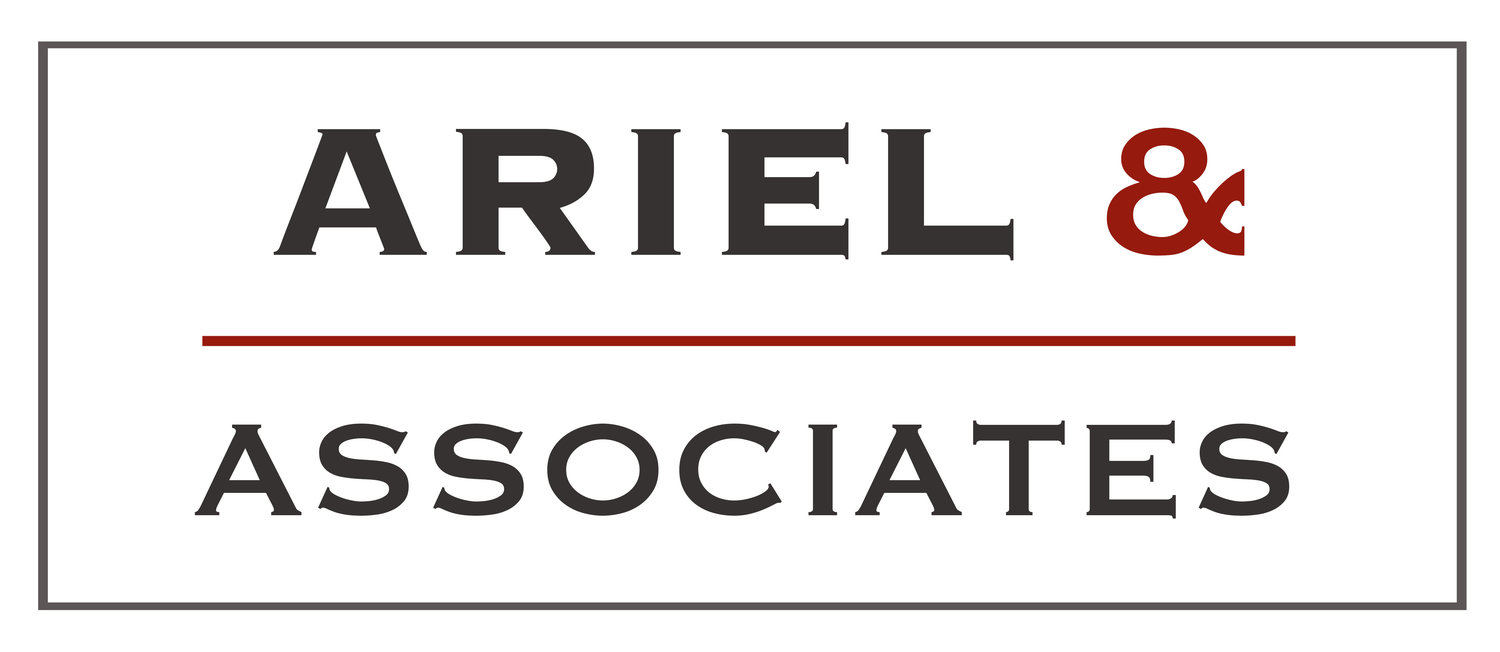ASIC and the Financial Markets Authority (“FMA”) of New Zealand signed a Memorandum of Understanding in 2012. Today, ASIC provided details of additional co-operation between it and its trans-Tasman partner - in particular in regard to collaborating and supporting the growing fintech (financial technology) industries.
As much as encouraging new businesses to foster growth and innovation, is the need to protect consumers and manage the associated inherent risks.
The Australian and New Zealand regulators agreed to assist innovative businesses entering into each other’s markets by providing referrals for support and advice. The parties agreed to share information and views in regard to emerging technologies.
The FMA Approach
New Zealand’s corporate legislation, the Financial Markets Conduct Act 2013, seeks to promote innovation and flexibility in its financial markets.The FMA has taken a proactive approach to facilitate innovation and ensure that its regulatory regime is relevant and flexible.
In 2017, the FMA established the Innovation Strategy Group, whose purpose is to monitor and consult on emerging trends in the fintech sector. It also provides the FMA with a consistent and co-ordinated approach when dealing with market participants.
In terms of structured products, the FMA has recently permitted personalised robo-advice services in New Zealand, with providers having to seek an FMA exemption from the licensing requirements.
The ASIC Approach
ASIC has instituted the following principles in regard to fintech.
1. Innovation Hub
The Innovation Hub is an initiative which assists new entities in the development of innovative financial products and services in light of the current legislative and regulatory requirements. Businesses are able to request informal guidance from ASIC on the licensing process and discuss key regulatory issues.Relevant business models include crowd funding, marketplace lending, robo-advice and blockchain technology.
The Innovation Hub also assists ASIC by engaging with fintechs to understand the issues they face, addressing innovation issues with a co-ordinated approach and streamlining how to facilitate business for such models.
2.Regulatory Sandbox
This represents a ‘lighter touch’ regulatory environment to enable the testing of innovative business models by:
- Providing additional guidance and examples of ASIC exercising its discretion in regard to assessing organisational competence.
- Modifying ASIC’s policy for organisational competence in regard to some heavily automated businesses that are limited in scale.
- Implementing fintech licensing exemptions to permit eligible businesses to test specified financial services for a 12 month period (subject to certain conditions).
3. Regulatory Guidance
ASIC has provided regulatory guidance by way of the following:
- Regulatory Guide 255 - Providing Digital Financial Product Advice to Retail Clients.
- Information Sheet 213 - Marketplace Lending (Peer-to-Peer Lending) Products.
- Information Sheet 219 - Evaluating Distributed Ledger Technology.
- Regulatory Guide 257 - Testing Fintech Products and Services Without Holding an AFS or Credit Licence.
It is important that ASIC consults with startups and entrepreneurs as well as other regulators to understand developments and to help Australian fintechs expand into other jurisdictions.
ASIC has entered into fintech referral and information sharing arrangements with regulators in Singapore, the United Kingdom, Canada, Hong Kong, Japan, Malaysia and Abu Dhabi. In addition, ASIC has entered into information sharing arrangements with regulators in Kenya and Indonesia.
Should you have any queries about ASIC or other issues involving compliance, licensing, or corporate governance, please contact Jeremy Danon, director of Ariel & Associates Pty Ltd on (02) 8223 3355 or at jeremy@ariel.associates.
